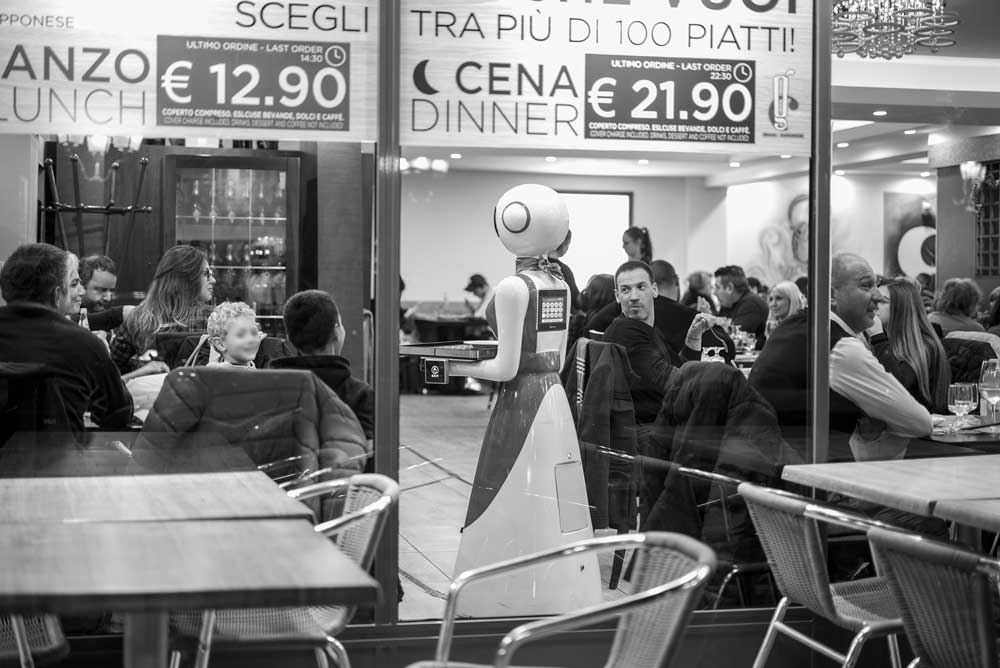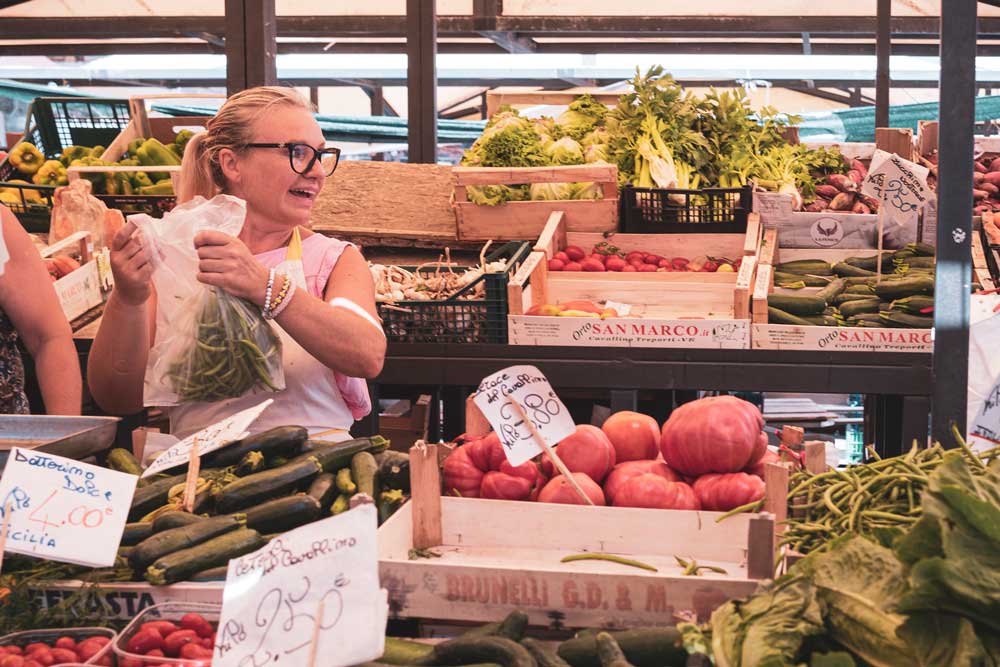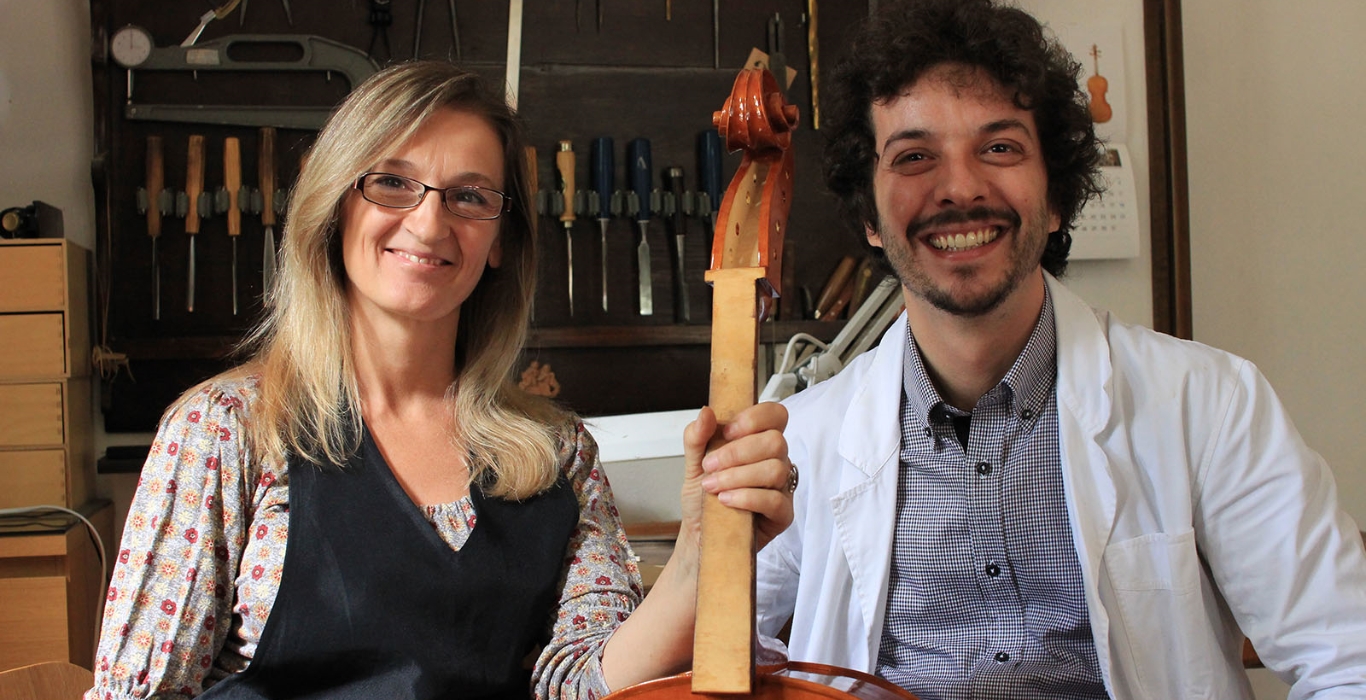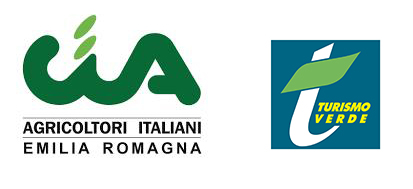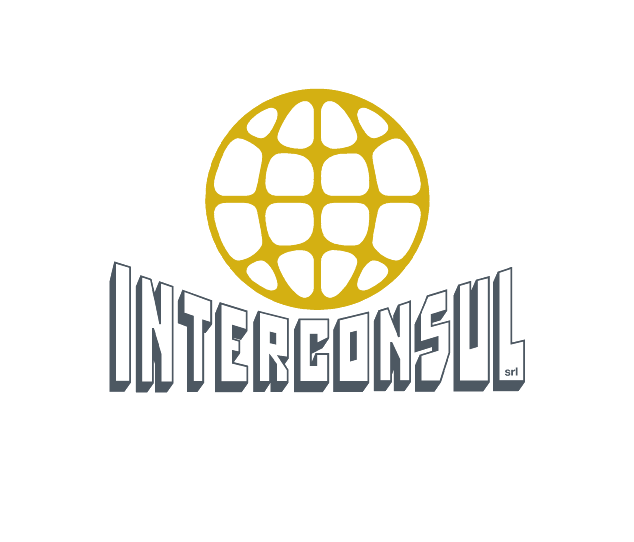The tractor revolution makes everyone free
Europe wants to dress green, displacing anxieties about the end of the world on agriculture. But She has a cross-eyed look, which sees the speck and ignores the beam
by Redazione
A lady with a shopping trolley stops and raises her elbows high to applaud the large tractors as they pass by. He claps his hands vigorously and shouts “Well done, well done!”, while others stop on the sidewalks to do the same, greeting the farmers who parade like liberators in an artillery column. Scenes like this are repeated everywhere on the streets of Italy and Europe.
The protest continues to mount every day because the organizers feel widespread popular support. Italian and European citizens understand that this is a just battle, despite the inconveniences. Most public opinion is unaware of what the green deal, the “farm to fork” strategy and the new CAP are. He probably doesn’t even know that one of the themes of the protest concerns the use of pesticides in agriculture, which the EU wants to drastically cut to protect health and the environment.
Many know, however, that evil Europe, starting from the 1960s, has intervened systematically and strategically in the agricultural sector, regulating supply and demand, determining growth or decline in production, establishing rules, financing sectors in crisis, contributing to the purchase of vehicles and the construction of structures. And thank goodness! In all likelihood, without the common agricultural policy the abandonment of the countryside, especially in the mountainous areas, which began after the war, would not have been stemmed, forever dispersing the agri-food “reserves”.
But then why are farmers protesting and why are citizens skinning their hands? What is happening has never happened before, never in history. A transnational mobilization with thousands of tractors besieging the palaces of power and motorway junctions, started from the bottom, fueled thanks to social networks and now under the spotlight of the mainstream. The spark of the protest was the new CAP, but the incendiary powder comes from afar.
The old continent has to deal with a world that doesn’t care about the 4% of land that needs to be set aside. China alone produces 33% of climate-changing gas emissions. Followed by the United States (12.5%), the European Union (7.3%), India (7%) and Russia (5%). And while the worrying consequences are being debated, there are those who open and close the oil taps to keep the price of a barrel high, defending enormous bargaining power over the economy, given that renewable energy is still a drop in the ocean of energy consumed. on the planet.
In the meantime, as happens in recipe books, Europe wants to dress green, displacing anxieties about the end of the world on agriculture. But She has a cross-eyed look, which sees the speck and ignores the beam. With one hand he writes the dream of fixing the climate by example and with the other he opens the doors and ports to unbridled goods, attracted by the race to cut costs in the food industry. What really pisses off farmers is the unfair competition from those who don’t have rules. Has anyone, for example, wondered what stringent measures regulate the path taken by Chinese concentrated tomatoes? Or how much fruit arrives on the markets from countries where DDT is still used, which has been banned here for forty years?
In the background there is the long and profound crisis in the purchasing power of families, forced by inflation and precarious employment to lower the quality of their diet. The cost of living rises like a tsunami, like the costs of agricultural production, then unloading the effects with a long wave. It is the most unfair and unjust tax. If families tighten their belts, farmers have to deal with surges in fuel, fertilizers, plastics, glass, cork, spare parts, electricity, methane and much more. The blanket has become very short and the palliatives of spot interventions are no longer enough. It was just a matter of time. Protest was inevitable.
Unfortunately, the list of unanswered questions grows longer every day. How will little Europe defend its citizens, and farmers, from the ferocious logic of an interconnected world economy? Why do the most polluting countries on the planet have heavy duties and restrictions on agri-food imports and Europe does not? Why isn’t a principle of total transparency introduced on food, allowing citizens to recognize its origin and production processes? As
Has the antitrust agency ever failed to intervene in multinational agricultural supply cartels? Why doesn’t the EU introduce a ban on imports of food that violate European environmental protection rules?
So let’s welcome the tractors, to which we also extend our applause and encouragement. If farmers win their battle, it will be good for all citizens, Italian and European.
Redazione
you may be also interested in
- 29/12/2023|
by Luca Farinotti
- 20/03/2024|
by Luca Farinotti

